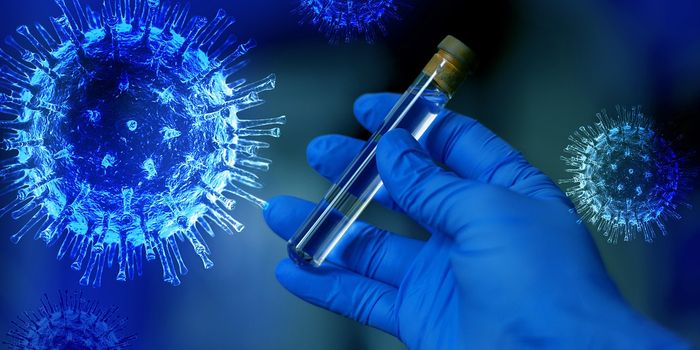Two recent studies have connected protein Blimp1 to key regulation of plasma cells’ ability to produce pathogen-fighting antibodies. Without this protein, scientists estimate numerous cases of cancer and autoimmune disorders result.
The B lymphocyte-induced maturation protein-1, known as Blimp1, has been known by scientists to regulate development of B cells, the lymphocytes that produce plasma cells and antibodies, for about 16 years (
Annual Review of Immunology). However, the recent study by scientists from the Research Institute of Molecular Pathology (IMP) in Vienna, Austria was the first to show that Blimp1 regulates over half of the genes required for plasma cell development. Their 5-year project was recently published in
Nature Immunology.
In addition to identifying Blimp1 as a vital regulator of plasma cell development genes in mice, the team from the IMP made another novel conclusion. In addition to turning genes off, Blimp1 can also turn genes on.
"It regulates their mobility and migration to the bone marrow. Blimp1 is also responsible for the enormous increase in size of the endoplasmic reticulum and the strong up-regulation of antibody production in plasma cells. Humoral immunity would not be possible without Blimp1,” explained team leader from the IMP, Meinrad Busslinger, PhD.
A complementary study also published in
Nature Immunology builds on the discovery of Blimp1’s key role in plasma cell development. From the Walter and Eliza Hall Institute (WEHI) in Melbourne, Australia, scientists discovered that while plasma cells could survive without Blimp1, they were rendered essentially useless, unable to produce antibodies.
B cell activation and development into antibody-producing plasma cells is an extremely important event in the process of adaptive immunity. Without the production of antigen-specific cells that are sent to fight off bacteria, viruses, and other invading microorganisms, the body is unable to defend itself properly. In their study, WEHI scientists acknowledged this weakness resulting from a lack of functional Blimp1 and also discussed the potential for lymphomas, multiple myelomas, and autoimmune disorders that could occur alongside a mutation in the Blimp1 protein.
With these two studies, scientists now understand a monumental amount more about how plasma cells develop and produce antibodies, how this process can be disturbed, and the importance of avoiding disturbing this process.
To learn more about the adaptive immune response from the role of B lymphocytes and antibodies, check out this video.
Source:
The Research Institute of Molecular Pathology









